
EDITORIAL
13-04-2024 by Freddie del Curatolo
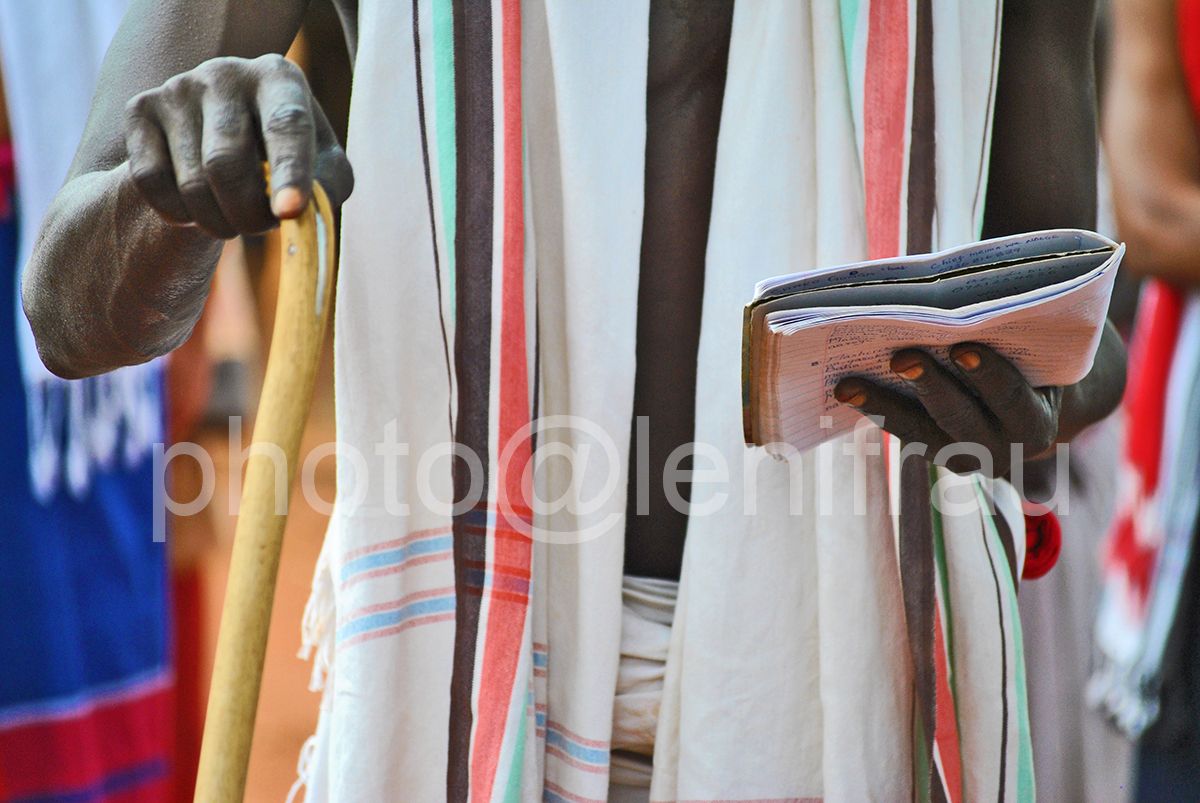
Is it 'Keniano' or 'Keniota'?
Which is the more correct form in italian language? Is it right to call a citizen of Kenyan origin 'Keniota' or could he be offended?
At a time in history when the Italian language is being slapped around by everyone, ignored by most, mixed with English or neologisms by the young, encrypted, cryptographed and 'acronymised' by the young, questions of this kind that come our way make one smile. But since we care and often get up in arms when someone argues in bad Italian and hides behind the alibi of the mobile phone's T9 auto-corrector if they write 'ha' without the 'h' or misspell a subjunctive, we gladly answer the questioner and give a legend that is based on both the bran and the ugali (famous Kenyan street academy or Kenyan, created by some of those who, rather than following the saying 'speak as you eat', have always been forced to speak before knowing if and what they will eat).
We start from the irrefutable fact that both forms, linguistically speaking, are correct. So no one is completely wrong.
It is not like mispronouncing 'Tanzanian' into a non-existent 'Tanzanish', for example.
If one wants to be orthodox, the most comprehensive dictionaries of the Italian language list 'Keniota' as a noun and 'Keniano' as an adjective.
So it would be fair to say 'il keniota' and 'la costa keniana'.
Actually, the genesis of the two words, in Italian, assigns a privileged role to 'keniota', as it came first, both as a noun and as an adjective, while 'keniano' was added later because it is the Italianisation of the Anglo-Saxon term 'kenyan'.
We, however, opt more for 'keniano' referring to a person, simply because the suffix 'iota' brings us back to a negative meaning of the individual. Just think of the derogatory 'italiota', which often means a stupid compatriot, perhaps because of the crasis between 'Italian' and 'idiot' (another unedifying word with 'iota').
Although then, we have 'patriota', a word that after the internationalist push of the 1970s and the Europeanist push of the third millennium, is back in fashion and makes us feel proud of 'iota'.
Yes, all right, mental masturbation, some Iscariot will say, but what do Kenyans think?
From interviews on the ground, I can assure you that it makes no difference to them, and don't think it is natural. For example, you could see for yourself how angry an Ecuadorian gets being called 'Equadoregno', which for us might sound even more normal, and yet for them it is an offence, which is not the case with people from Honduras, for example.
Kenyans certainly understand 'Keniano' better, precisely because that is what they call themselves in English, but they leave it at that.
If it were not for the Cypriots, they might think that we have coined a terminology especially for them, to distinguish them from a Ugandan, a Somali and the famous Tanzanian. Reminding everyone that the Congolese does not come from Congolo and that Nigerian and Nigerese do not have the same passport.
Ah, the Italian language, makes almost all peoples different and original: from Azerbaijan comes the "Azero", from Srilanka the Singhalese, from Guatemala the "Guatemalteco" who together with the Belgian (belga), German (tedesco) and Romanian (rumeno) are not characters in a joke, but protagonists of our wonderful language.
So we, personally, out of unsolicited delicacy, will continue to call a 'Keniano' a Kenyan and use Keniota as an adjective instead of 'Keniano'.
The important thing is not to have to read nonsense such as 'Kenyano' (again, 'Kenyan', half an English word anyway) or even 'Keniano' or, worst of all, 'Kenyota'. Or even not listening to a fellow countryman asking in English "are you kenyot?"
In short...long live idioms, and down with idiots...except when they rhyme.
EVENTS
by Leni Frau

A beautiful celebration of Kenya in Milan, next 30 September, to celebrate with Freddie del Curatolo...

The issue of international security and safety for travelers has been back in the news in recent...
VIDEO PRODUCTION
by Freddie del Curatolo

We are now at the third episode of our weekly appointment with the language spoken in...
NEWS
by redazione
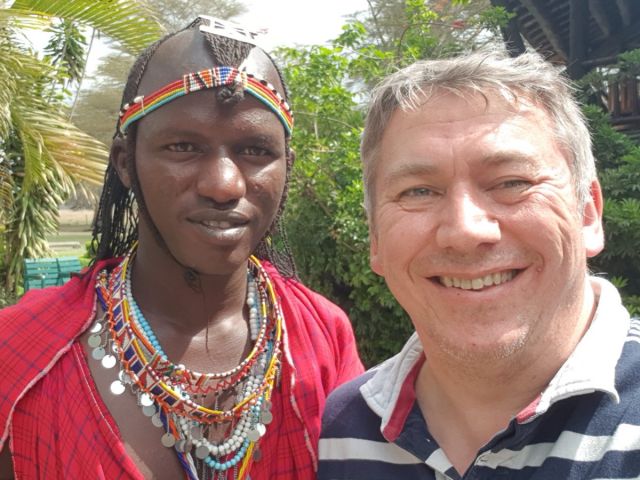
Journalists for passion, with a desire to tell and the need to do so freely.
Today it...
OUR FEATURE
by redazione
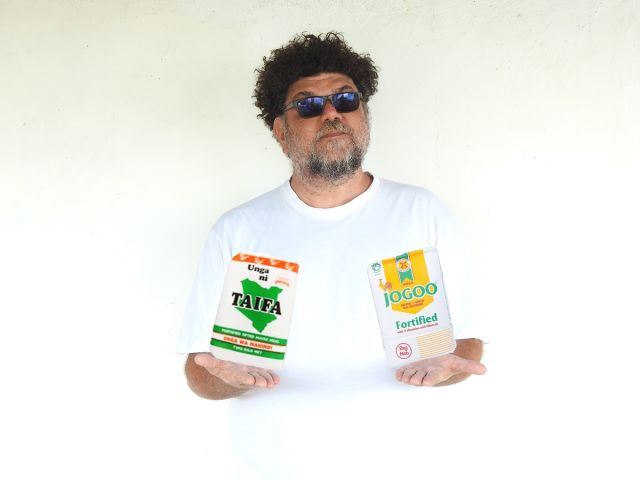
We have reached the eighth week of our light-hearted and non-academic journey through...
NAIROBI
by redazione

Philosophy as the glue for a cultural exchange between Italy and Kenya. This is the interesting programme...

Tomorrow evening, Friday 30 September from 6pm, the Kenya Festival in Milan, organised...
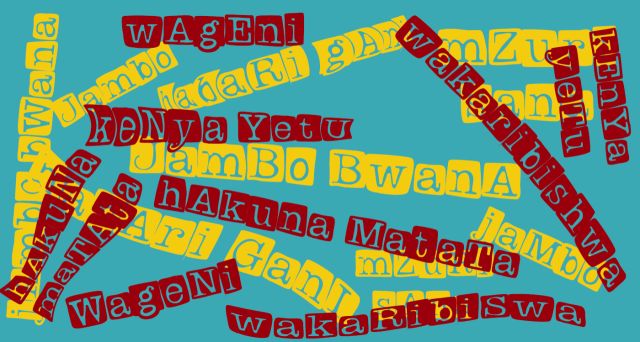
We have reached the eleventh and penultimate installment of our entertaining and non-academic...
VIDEO PRODUCTION
by Freddie del Curatolo

Here we are at the second episode of our video production "Semi-serious lessons of Kiswahili", dedicated...
EVENTI
by Leni Frau

The date of the Kenya Festival in Milan organised by Africa magazine is approaching, Friday...
EDITORIAL
by Freddie del Curatolo

As we announced a few days ago, following pressure from tour operators and Italian...
by redazione
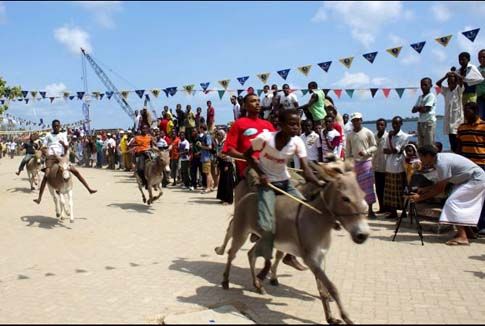
Today opens the sixteenth edition of the Lamu Cultural and Traditional Festival.
A historical event that recalls the ancient Swahili customs of the island, which have become one of the artistic and cultural trademarks of the "Arab Venice" of Kenya.
VIDEO PRODUCTION
by Freddie del Curatolo

"A semi-serious trip around the most widely spoken mother tongue in Africa and the one...